 Cordova Plumbers
Cordova Plumbers
 Cordova Plumbers
Cordova Plumbers
Greywater Recycling Systems provides a sustainable plumbing service that focuses on reusing greywater from household sources from showers, sinks, and laundry for non-potable applications such as irrigation and toilet flushing. This eco-friendly solution reduces water consumption, lowers utility costs, and promotes eco-certification efforts. Proper installation ensures compliance with local regulations and optimal performance
We provide top-quality Plumbing services throughout Seward County. Whether you need help with Greywater Recycling Systems or other issues, our Team is ready.
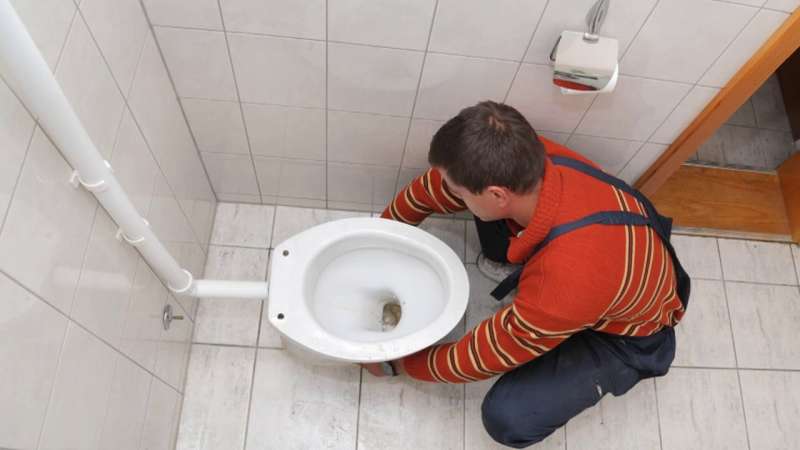
Setting up dishwashing machines, water heaters (tank and tankless), garbage disposals, and cleaning machines.
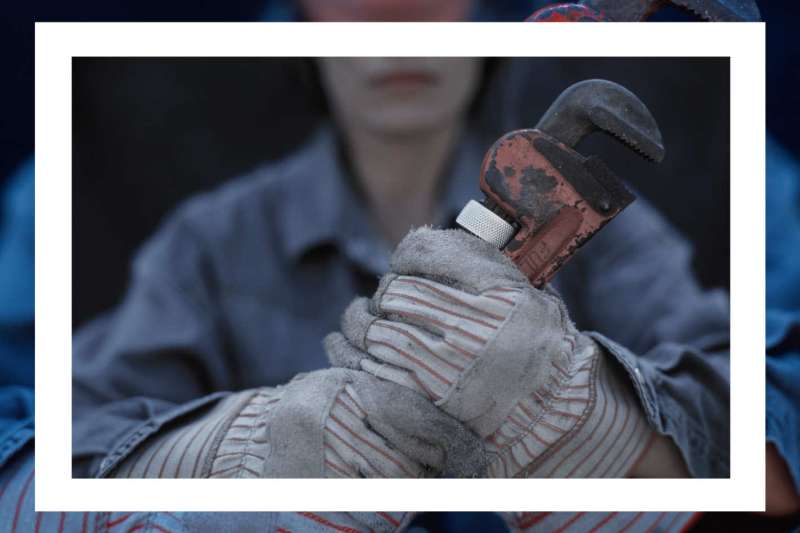
Ensuring backflow avoidance gadgets are working correctly.
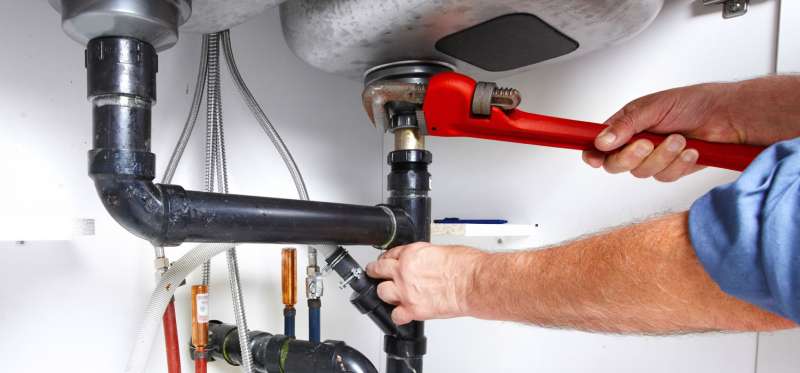
Transferring or upgrading plumbing systems.
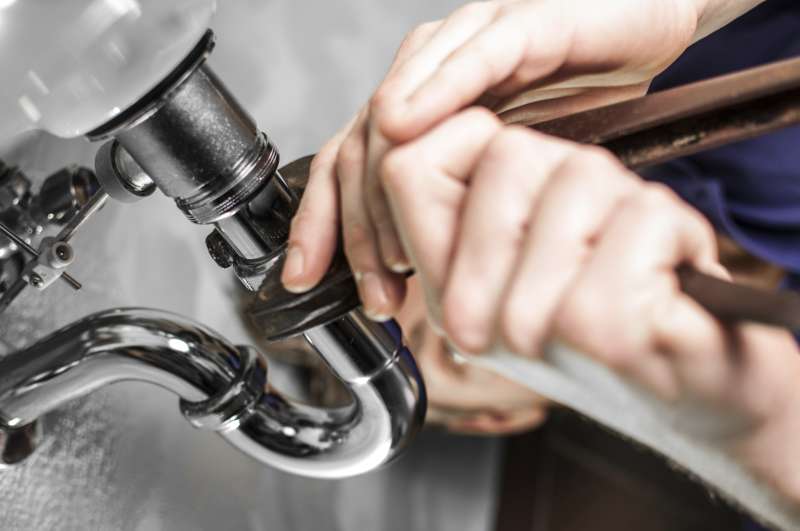
Ensuring plumbing systems satisfy local regulations.
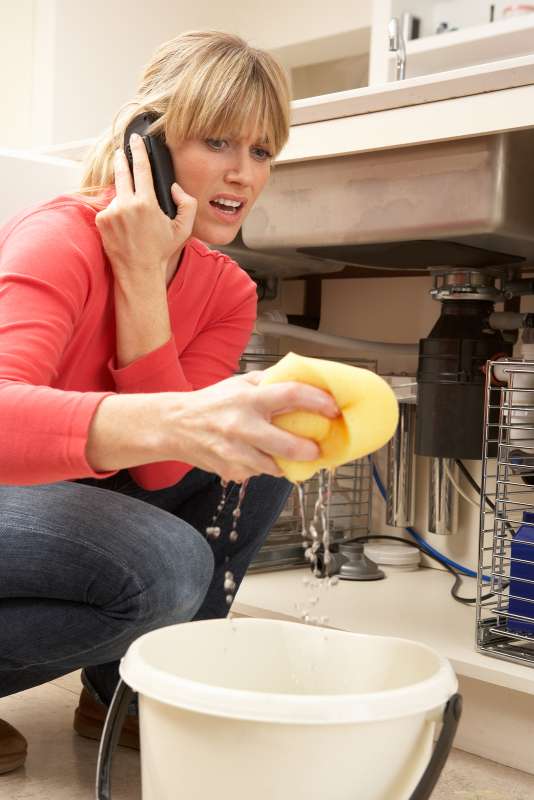
Immediate action to prevent flooding and water damage.

Cleaning blockages in sinks, toilets, showers, and sewage system lines.
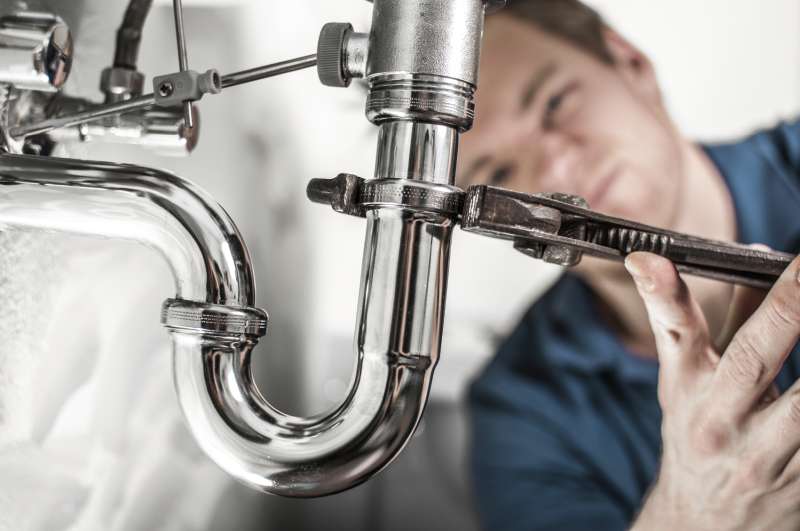
Routine cleansing to prevent obstructions and maintain circulation.
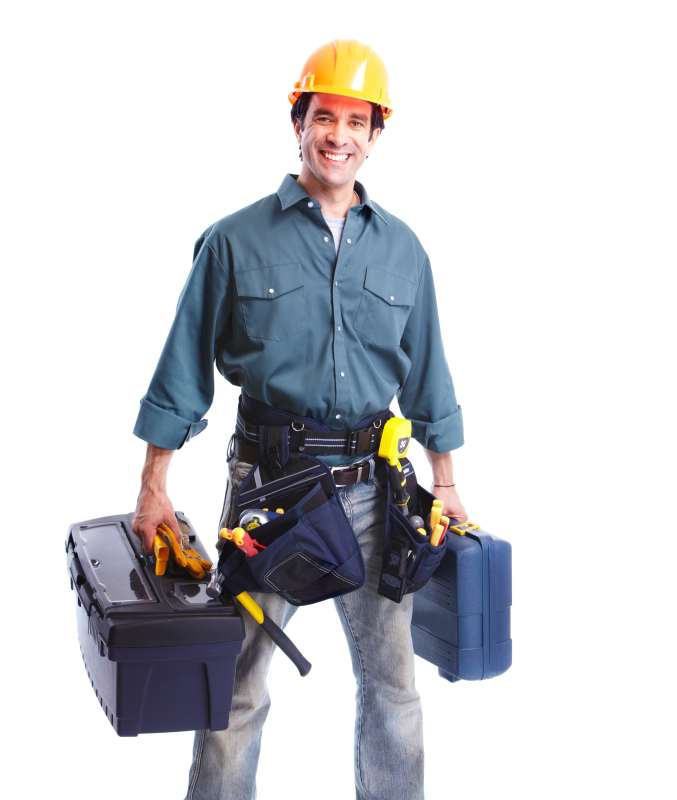
Repairing malfunctioning faucets, toilets, and other components.
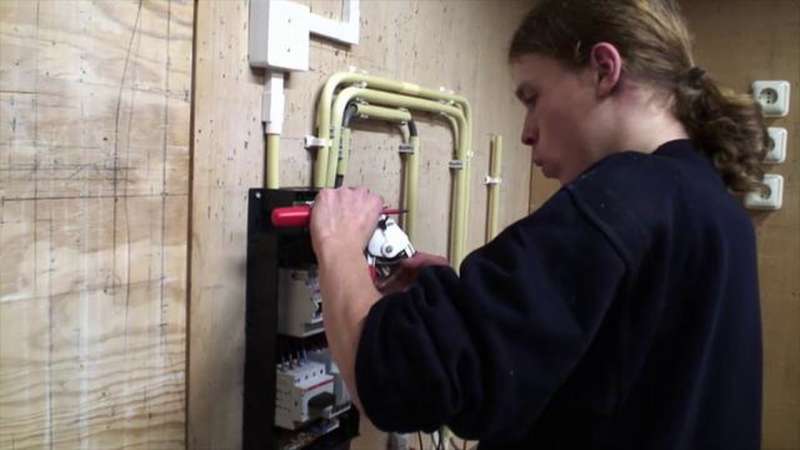
Installation of sinks, faucets, toilets, bath tubs, and showers.
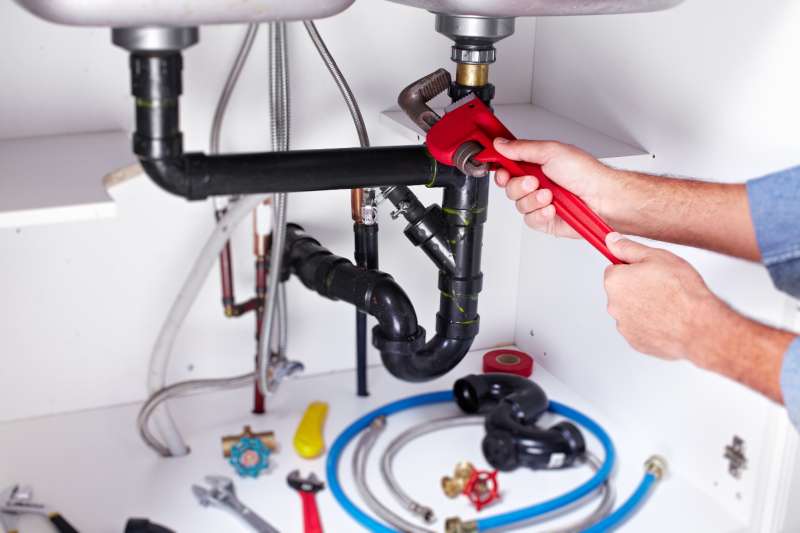
Emergency detection and repair to prevent threats.
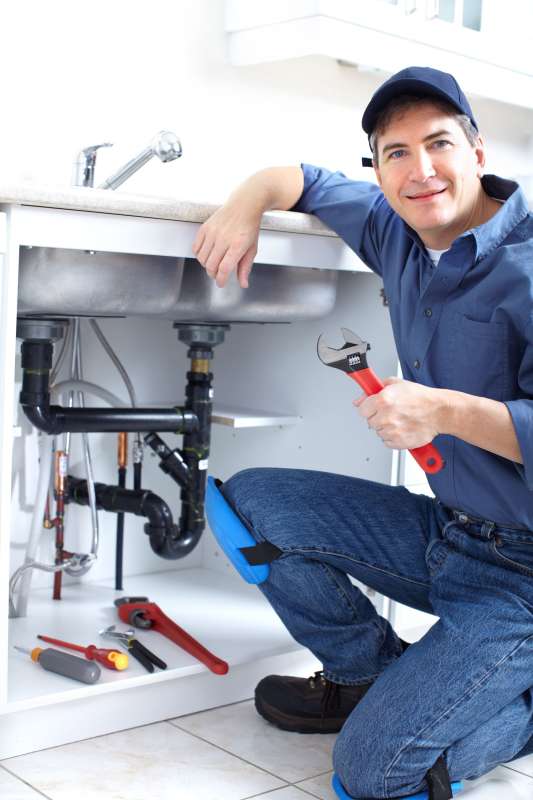
Fixing gas leaks and ensuring appropriate gas line operating.
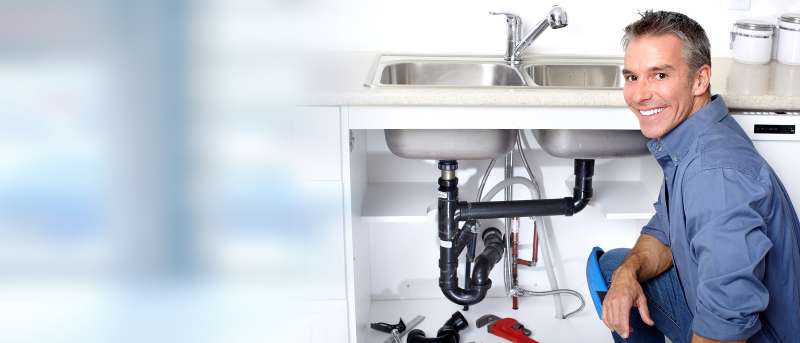
Setting up systems for reusing household wastewater.
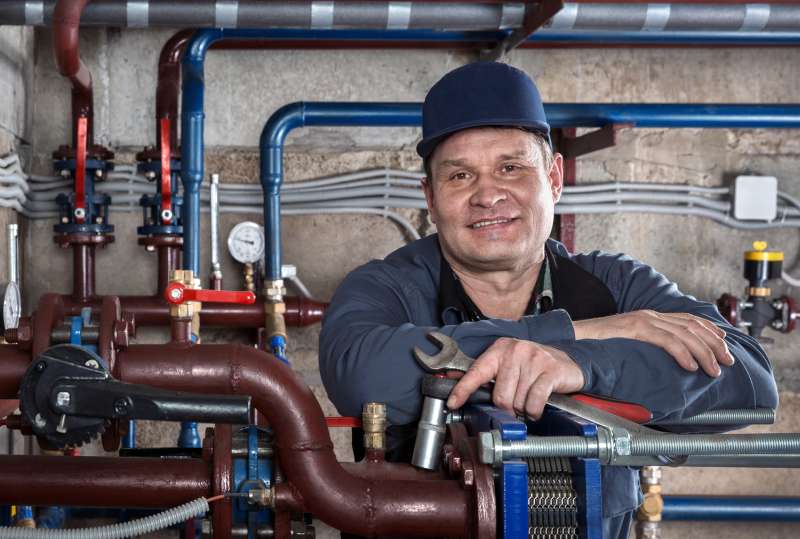
Setting up and preserving radiant flooring heating unit.
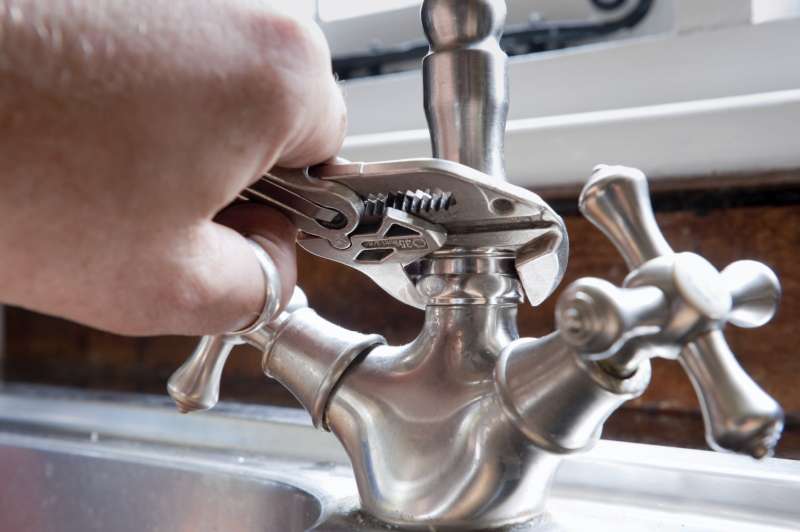
Specialized piping for factories or commercial settings.
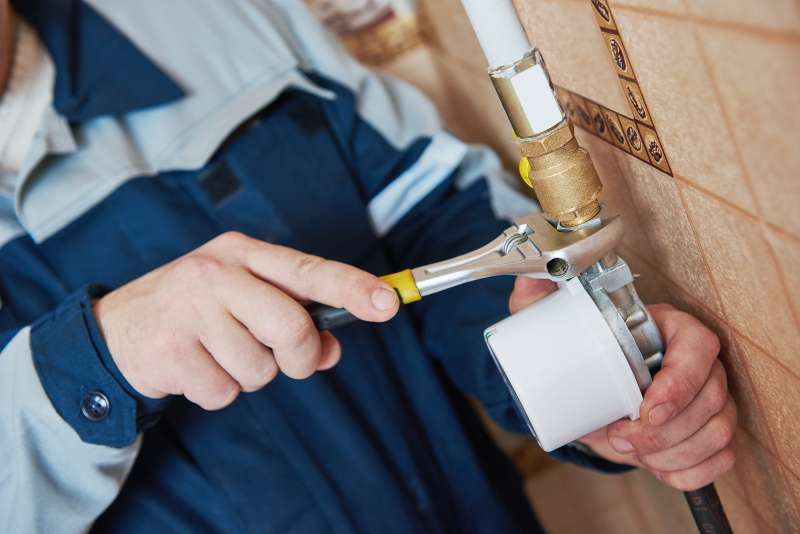
Setting up and preserving outside watering.
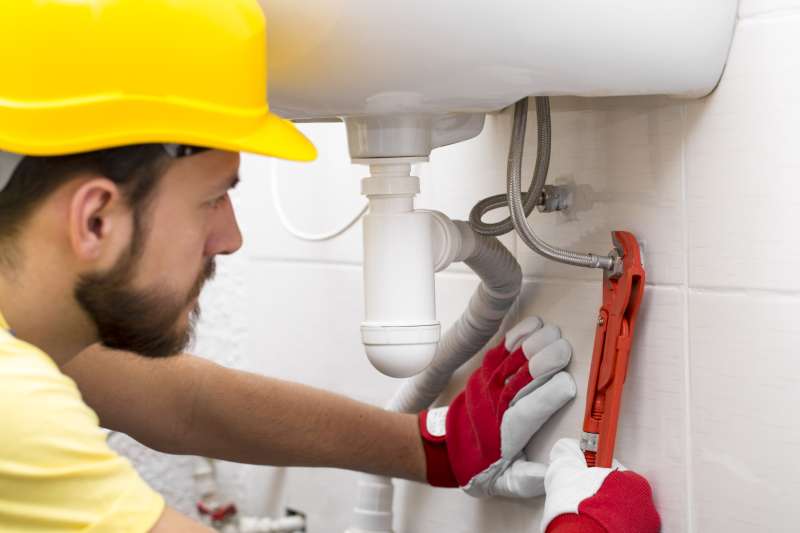
Plumbing systems for brand-new buildings or remodellings.
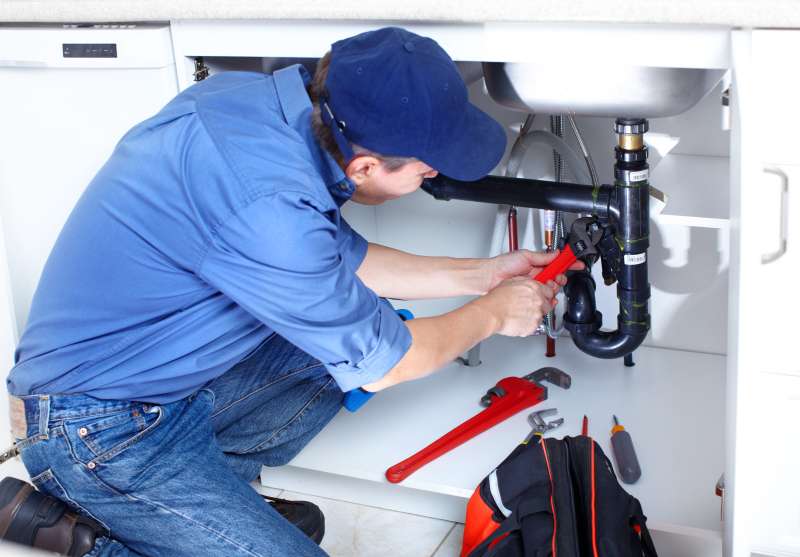
Repairing leakages in pipelines, faucets, toilets, and devices.
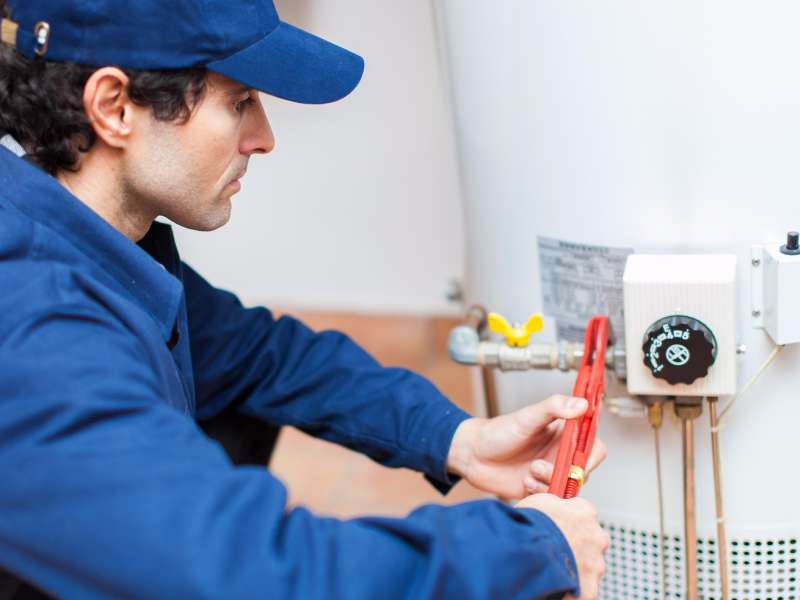
Quick resolution of severe obstructions and overflows.
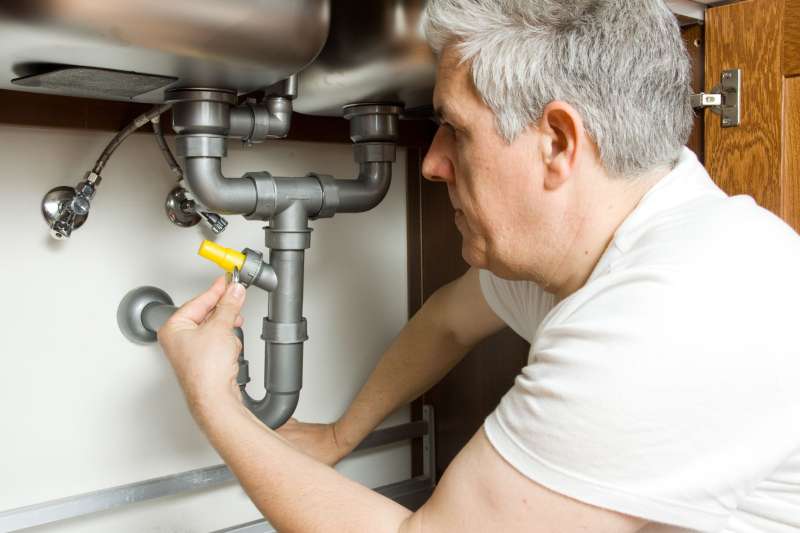
Utilizing video cameras to examine pipelines for damage or obstructions.
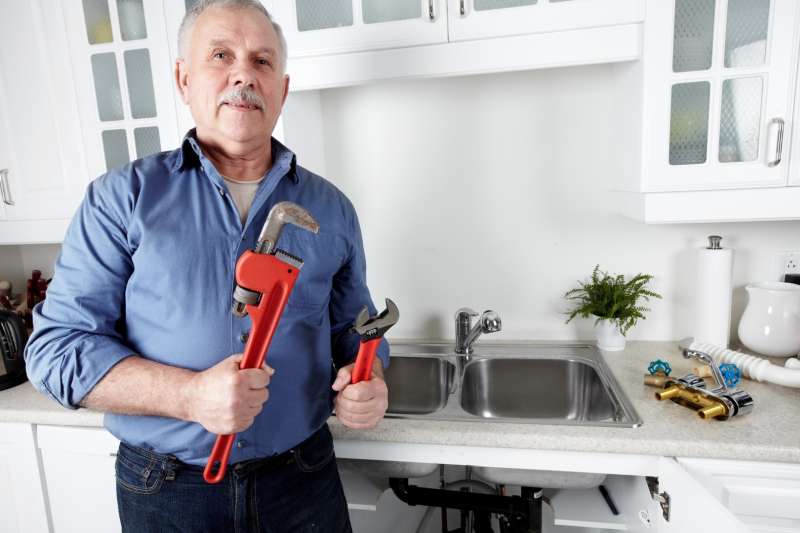
Repairing or changing burst, corroded, or harmed pipelines.
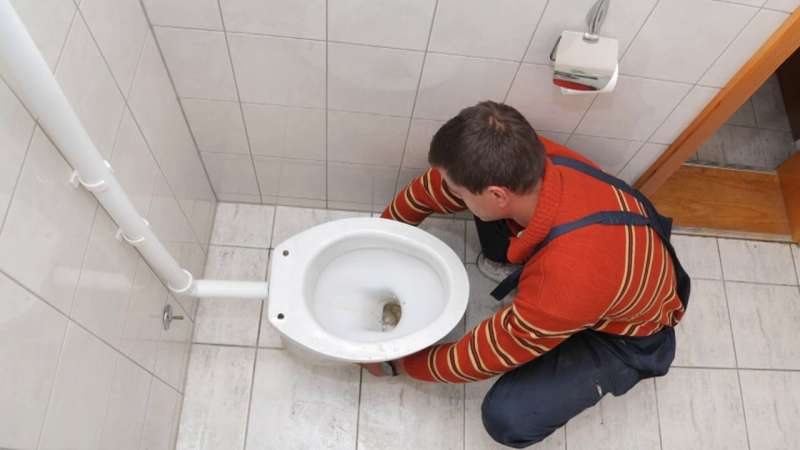
Installing new piping systems for water, gas, and drain.
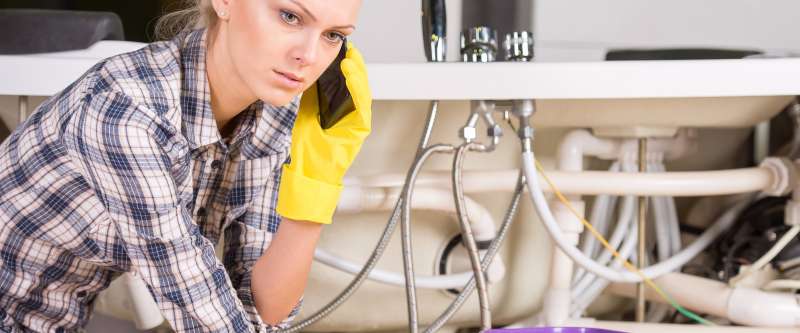
Examining plumbing systems before buying property.
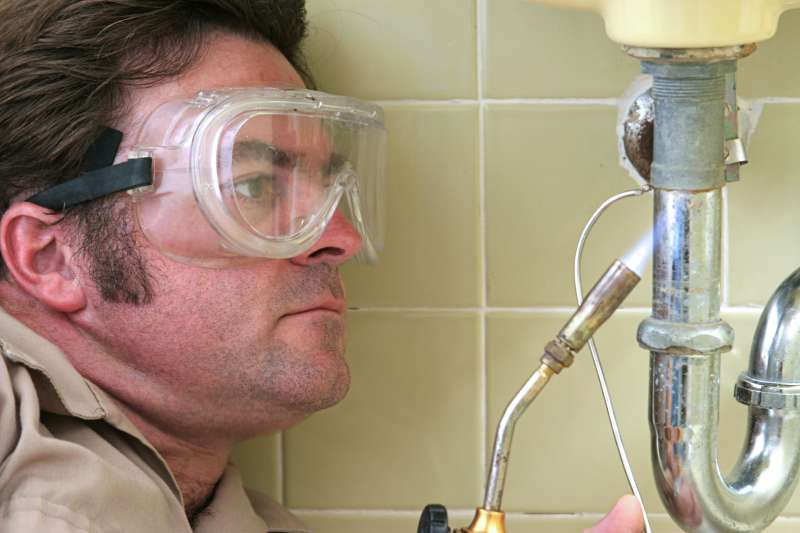
Setting up systems to collect and make use of rainwater.
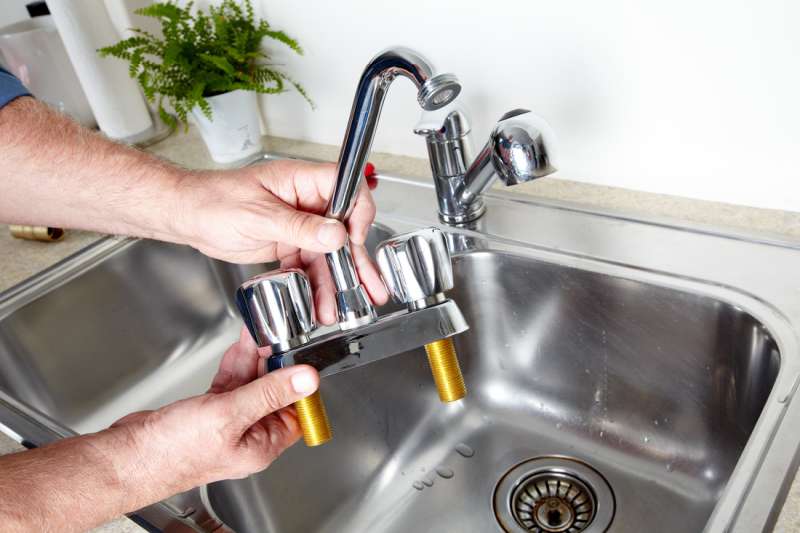
Continuous maintenance services for companies.
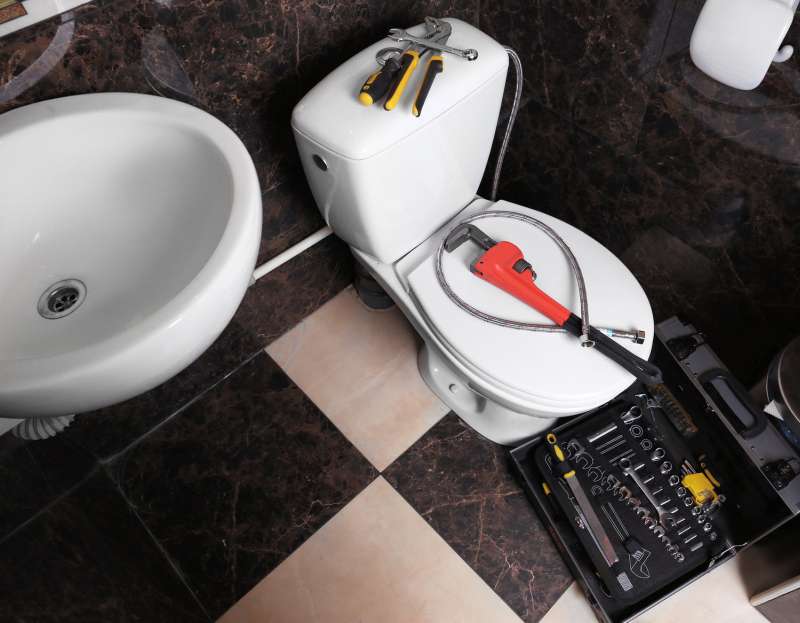
Putting up, repairing, and keeping septic systems.
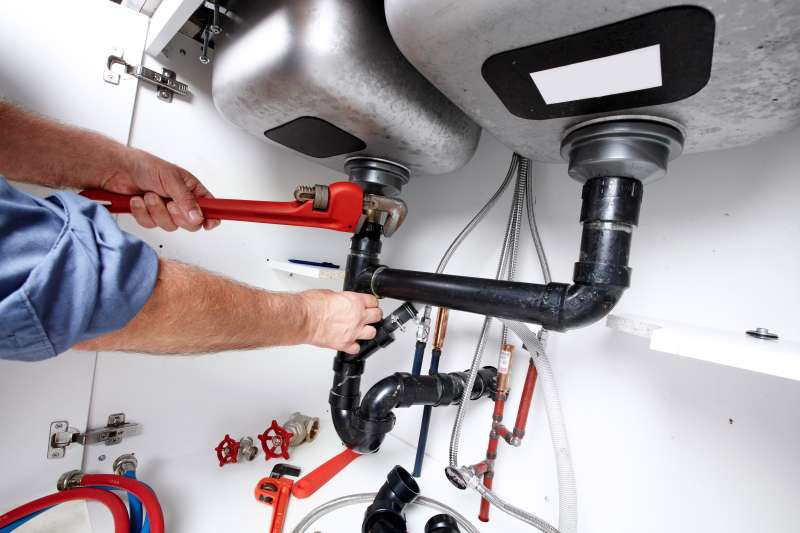
Managing groundwater in basements.
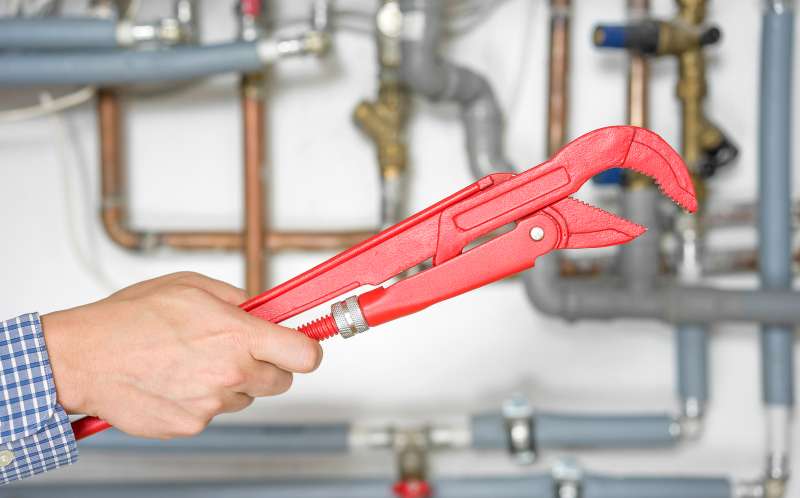
Setting up water-efficient or modern-day fixtures.
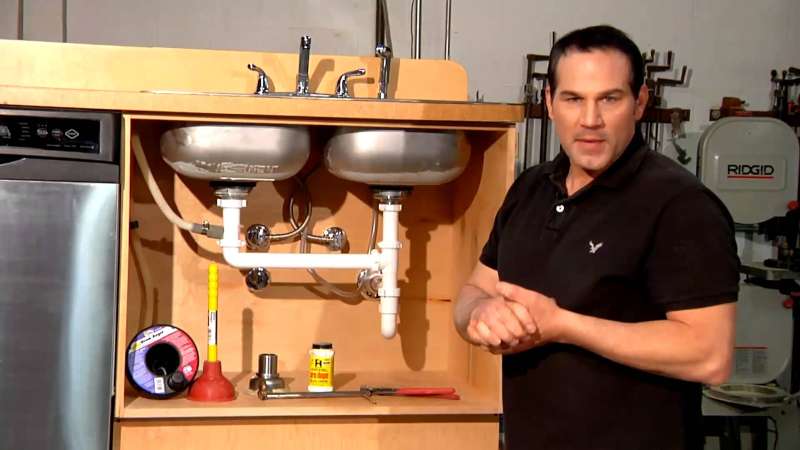
Encouraging on water-saving techniques and items.
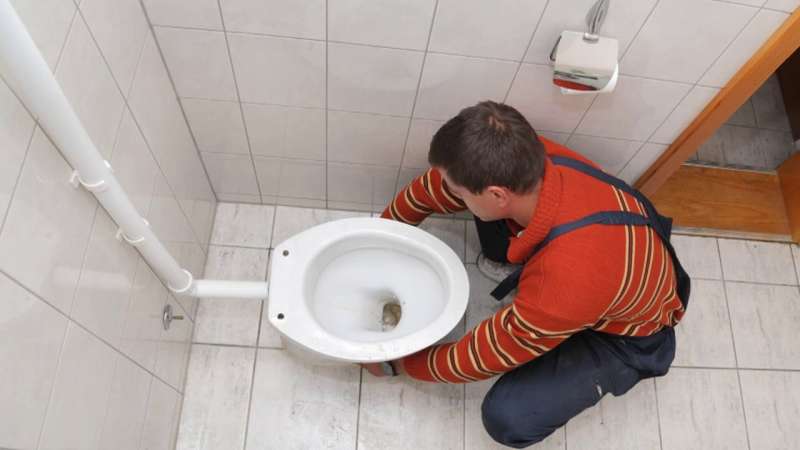
Installing water softeners and filtering systems.
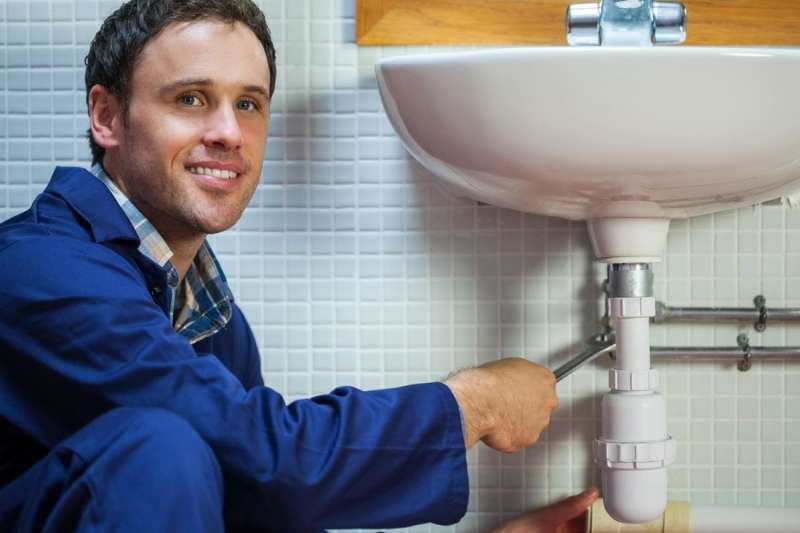
Flushing and examining hot water heater to lengthen lifespan.
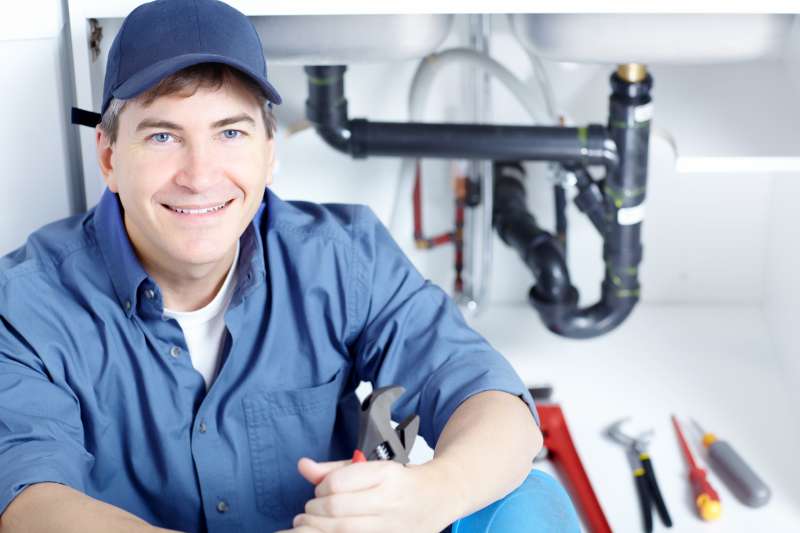
Attending to issues with temperature level, leakages, or failure to heat water.
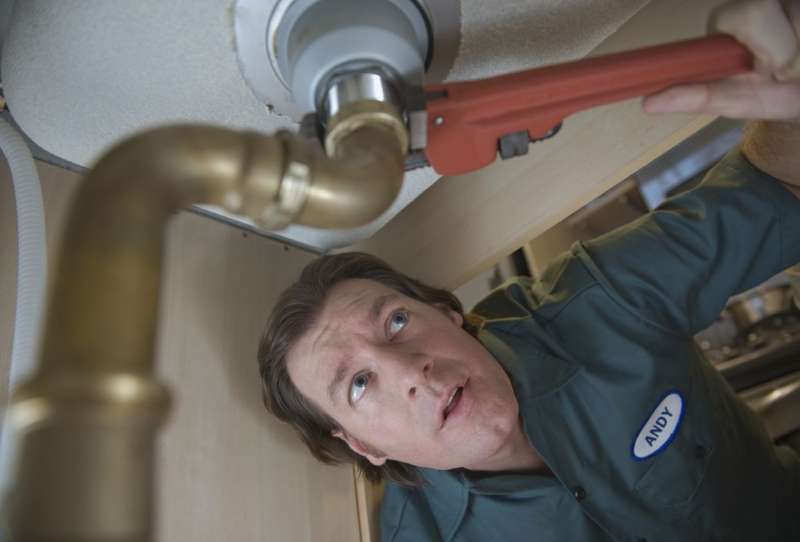
Securing basements or other areas from water intrusion.
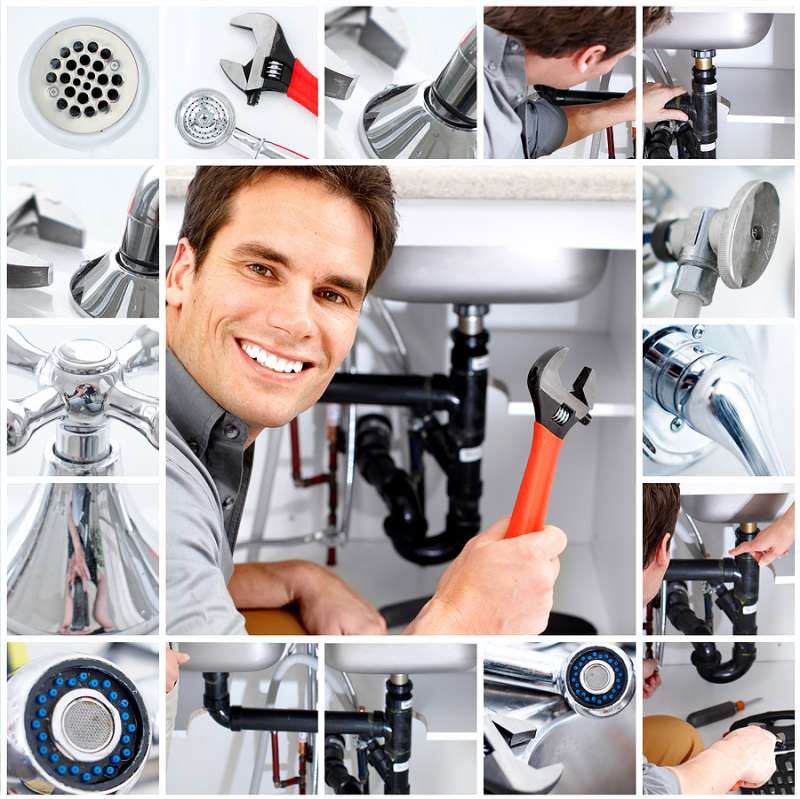
Immediate attention to prevent contamination and health risks.